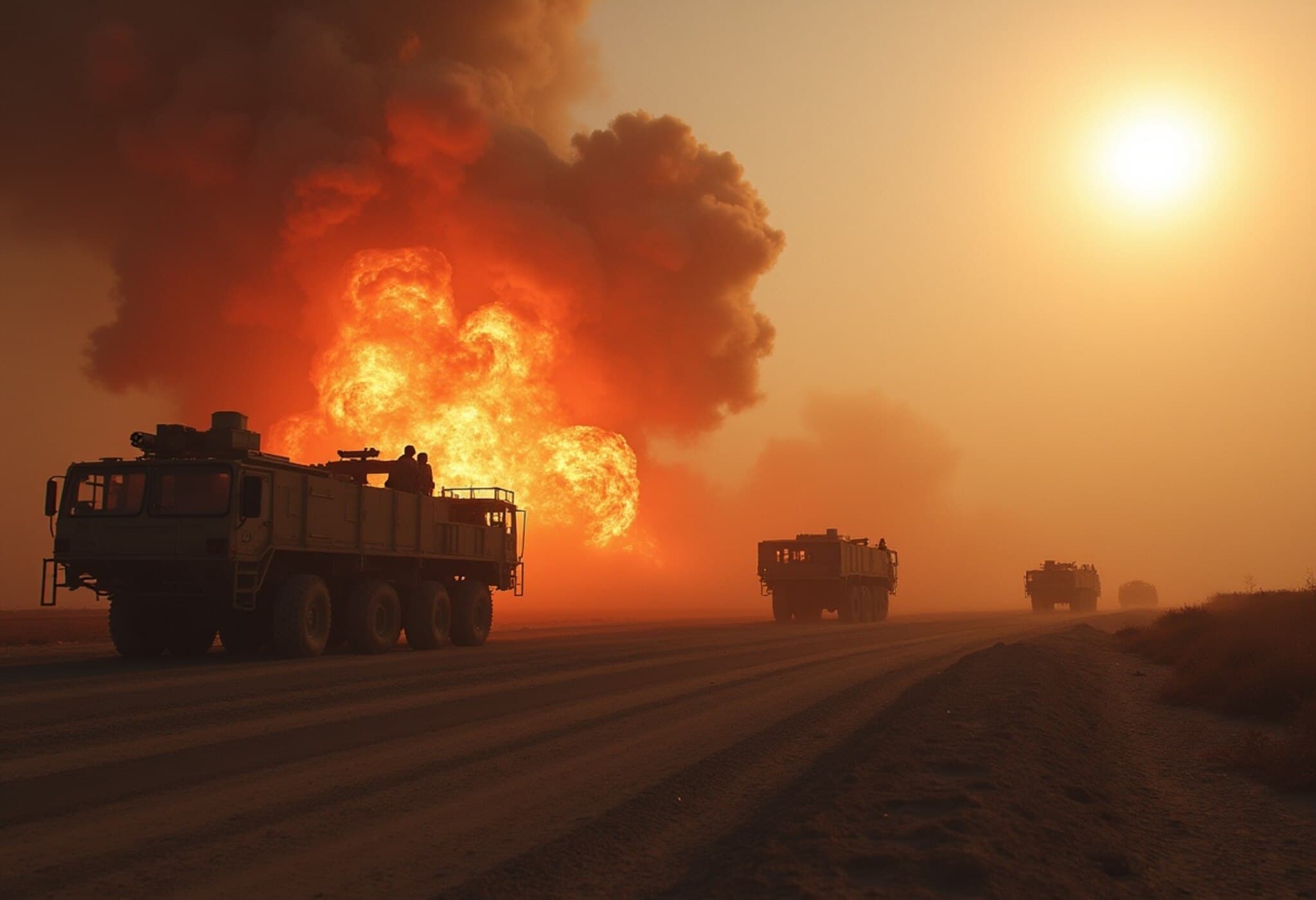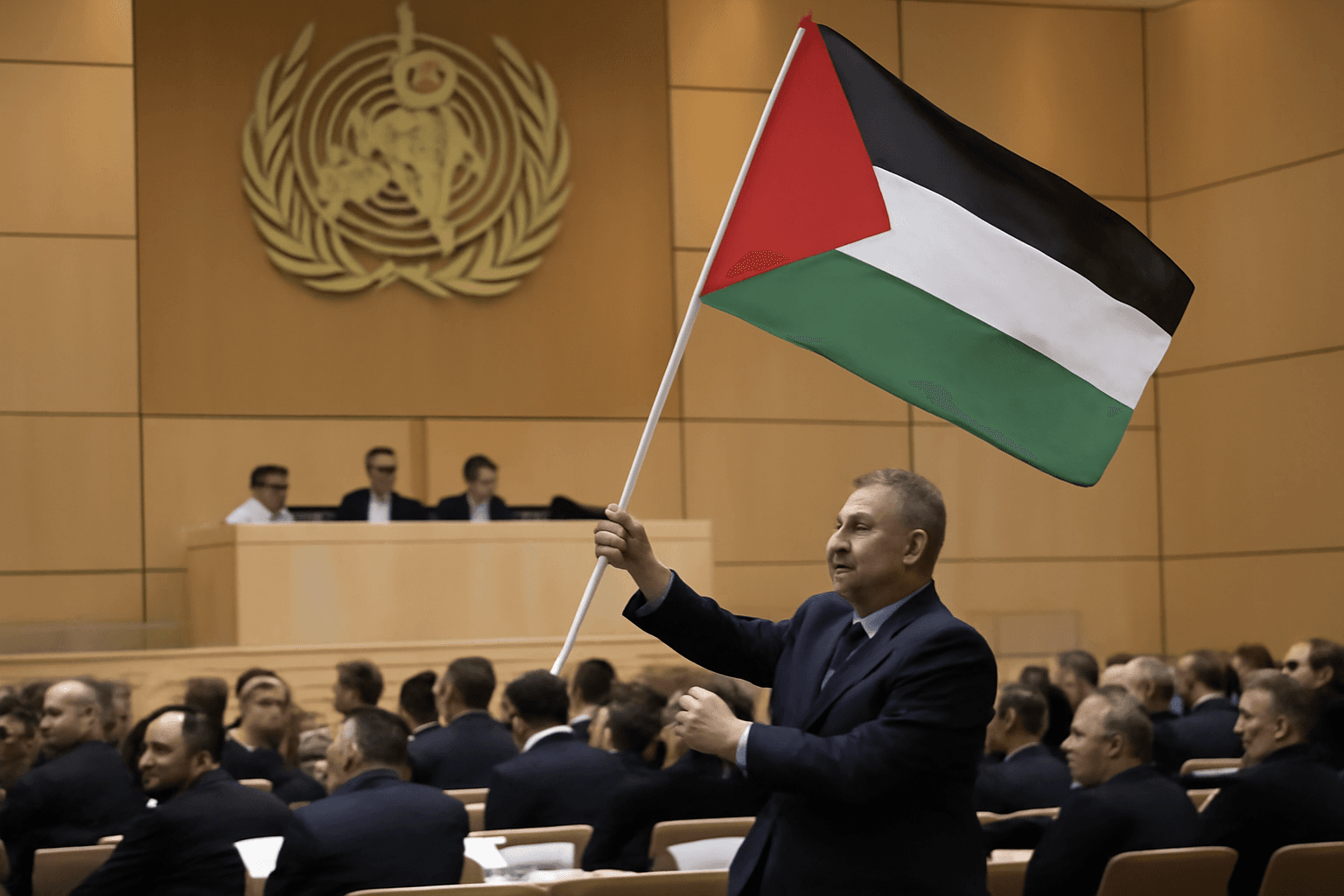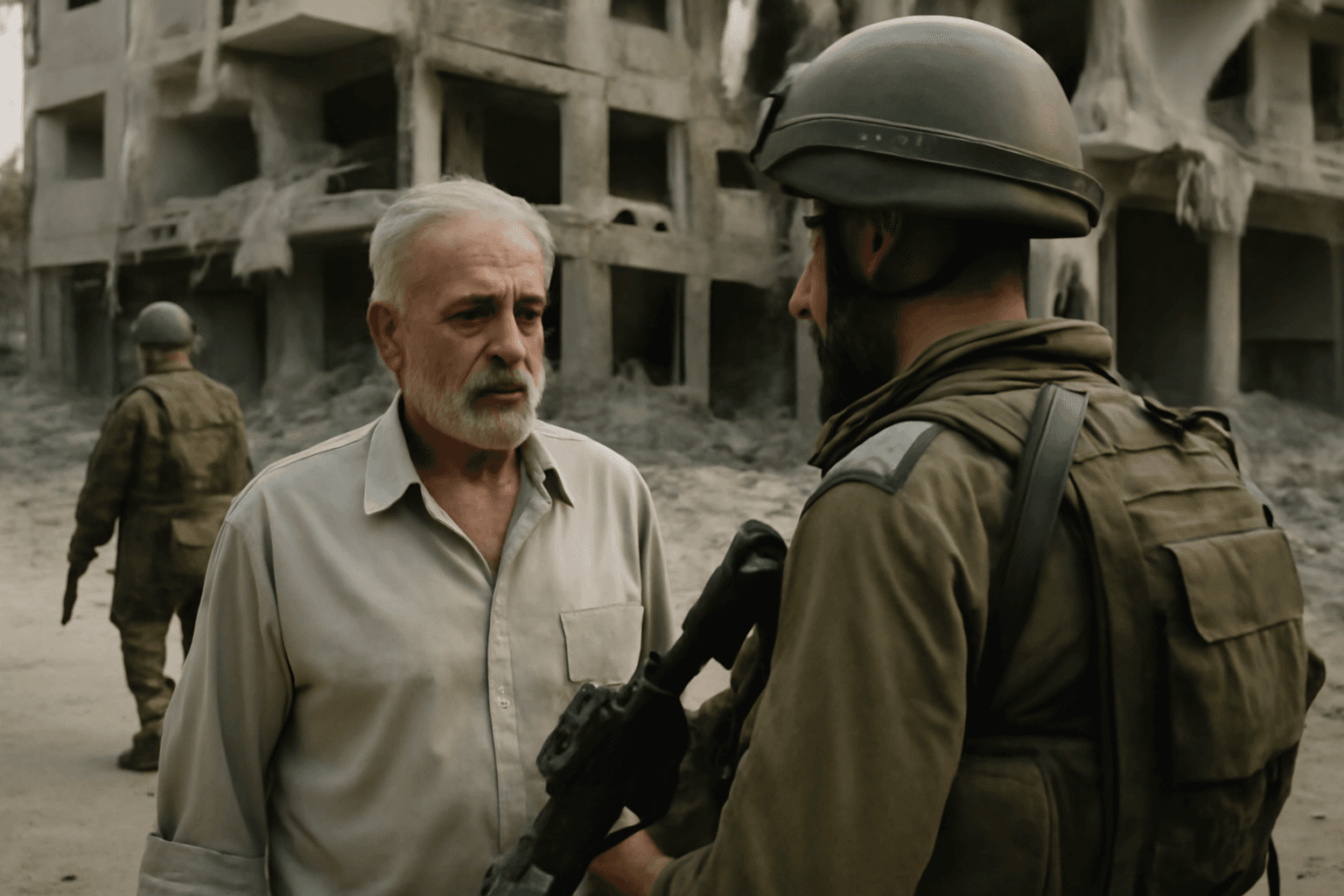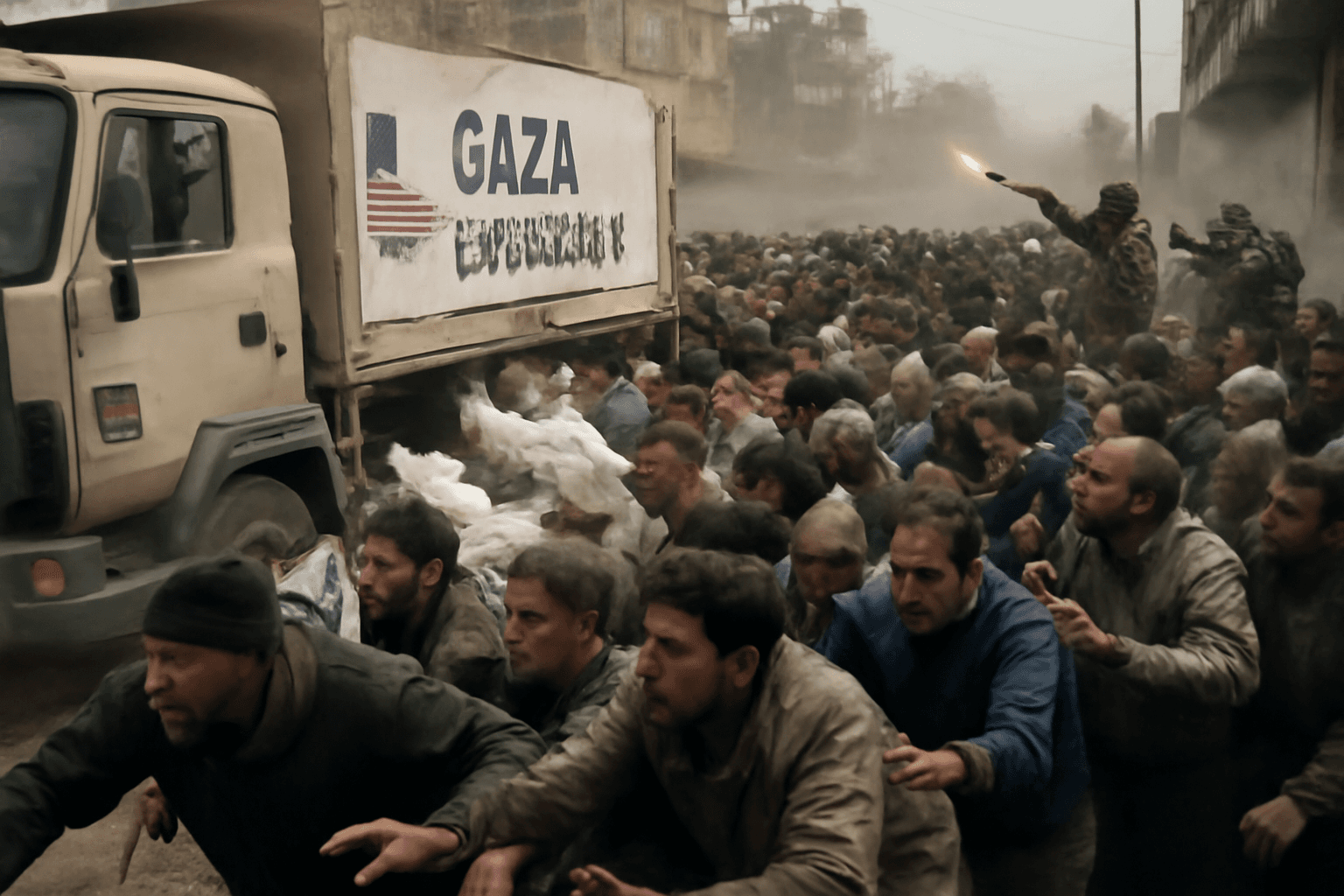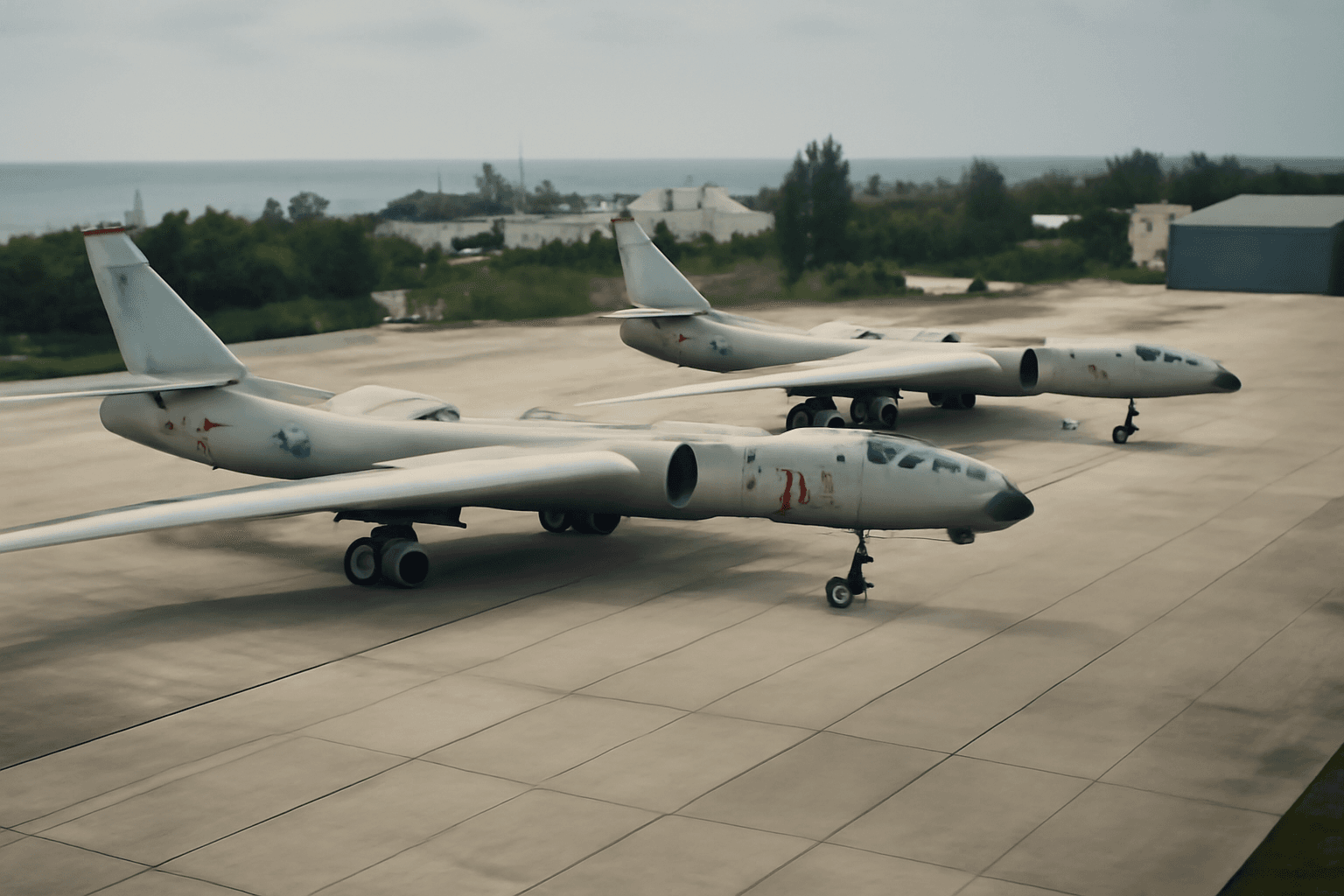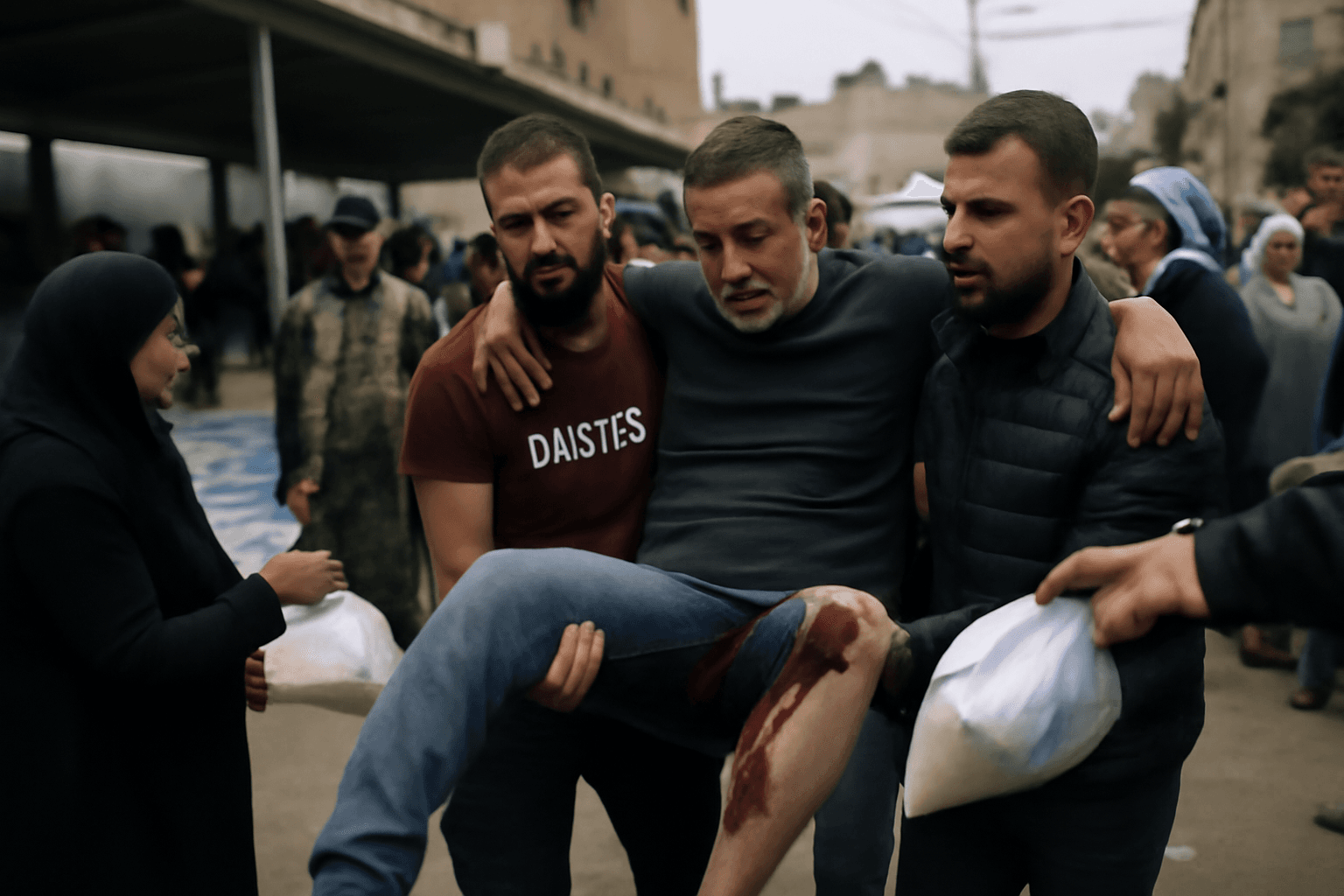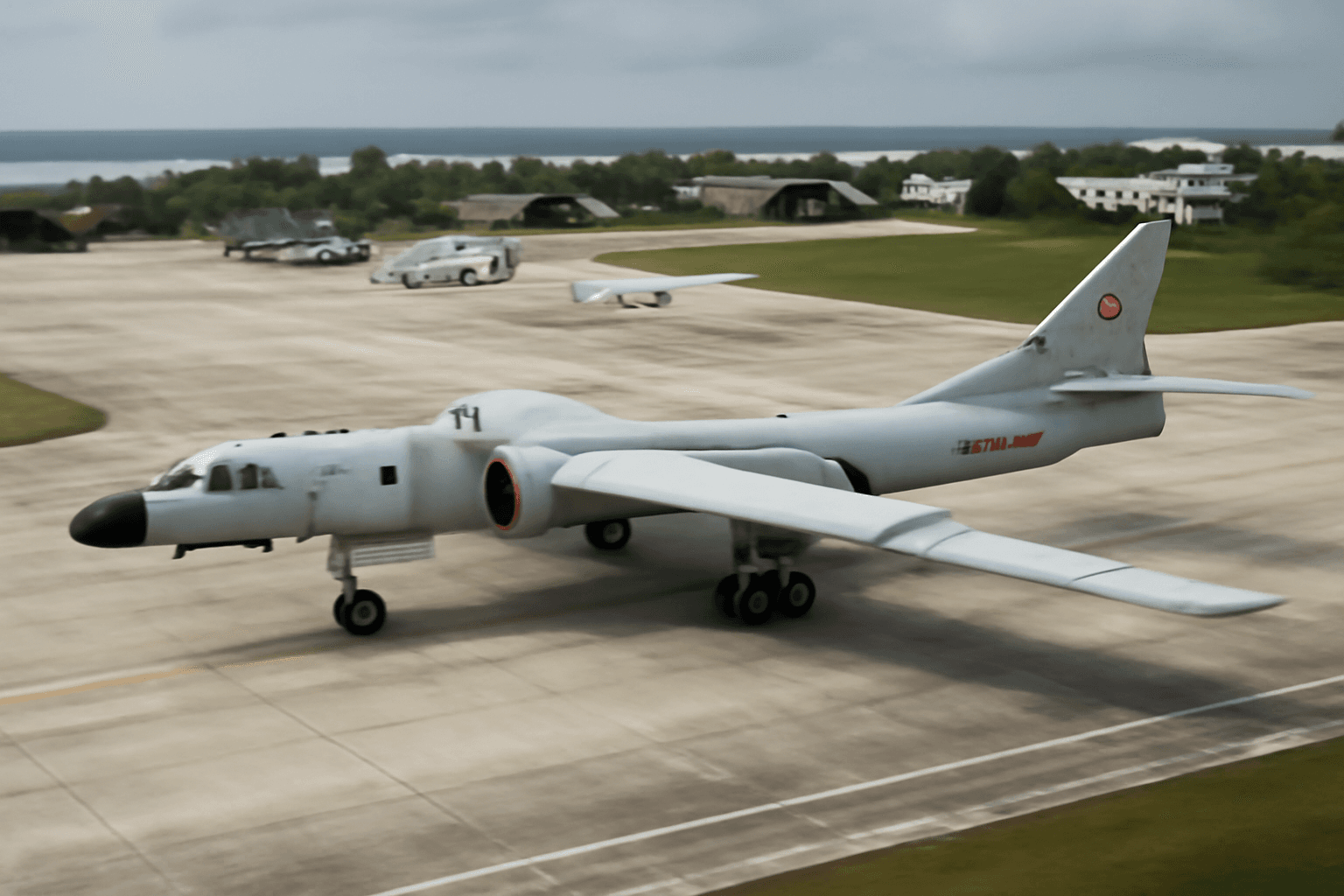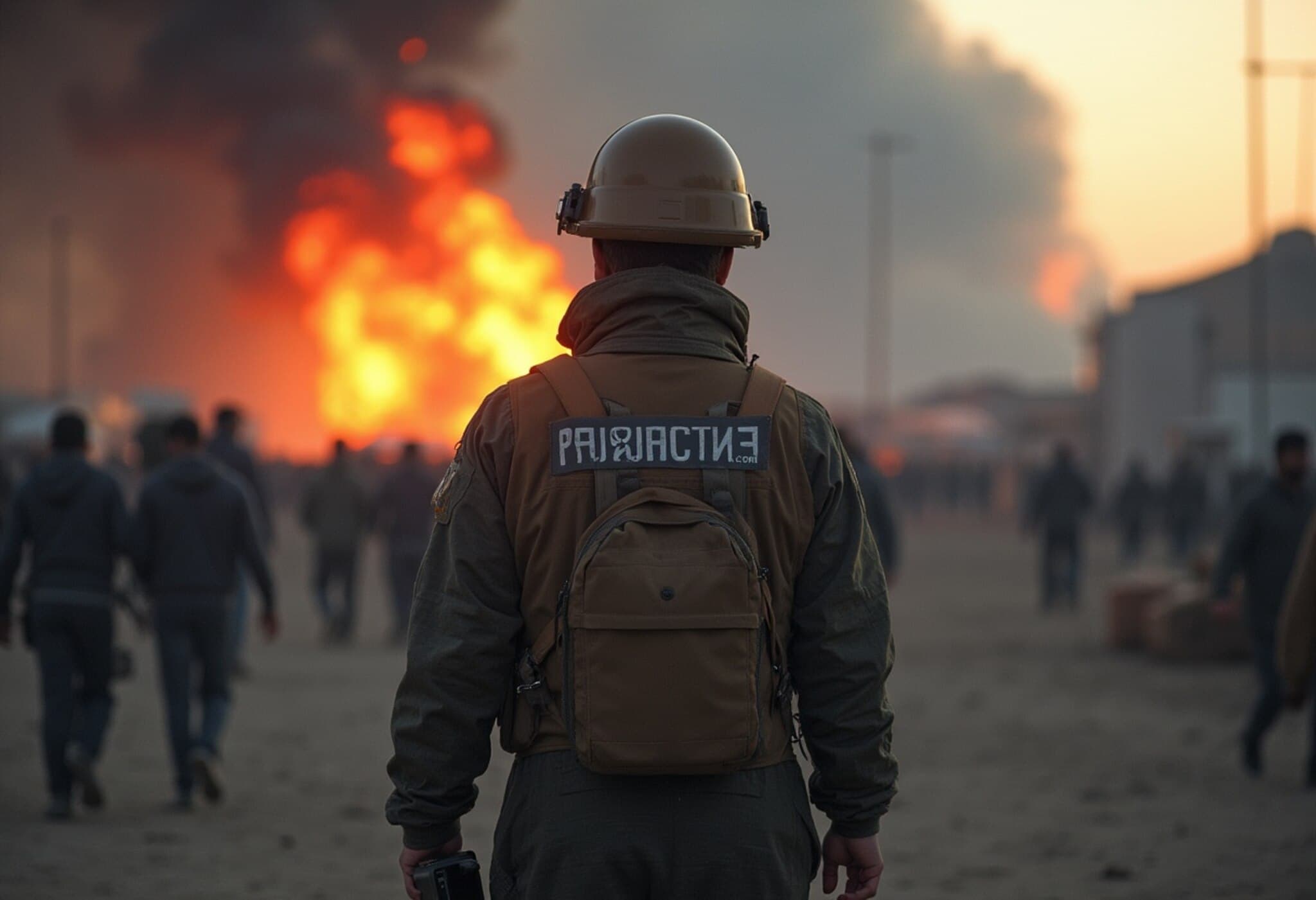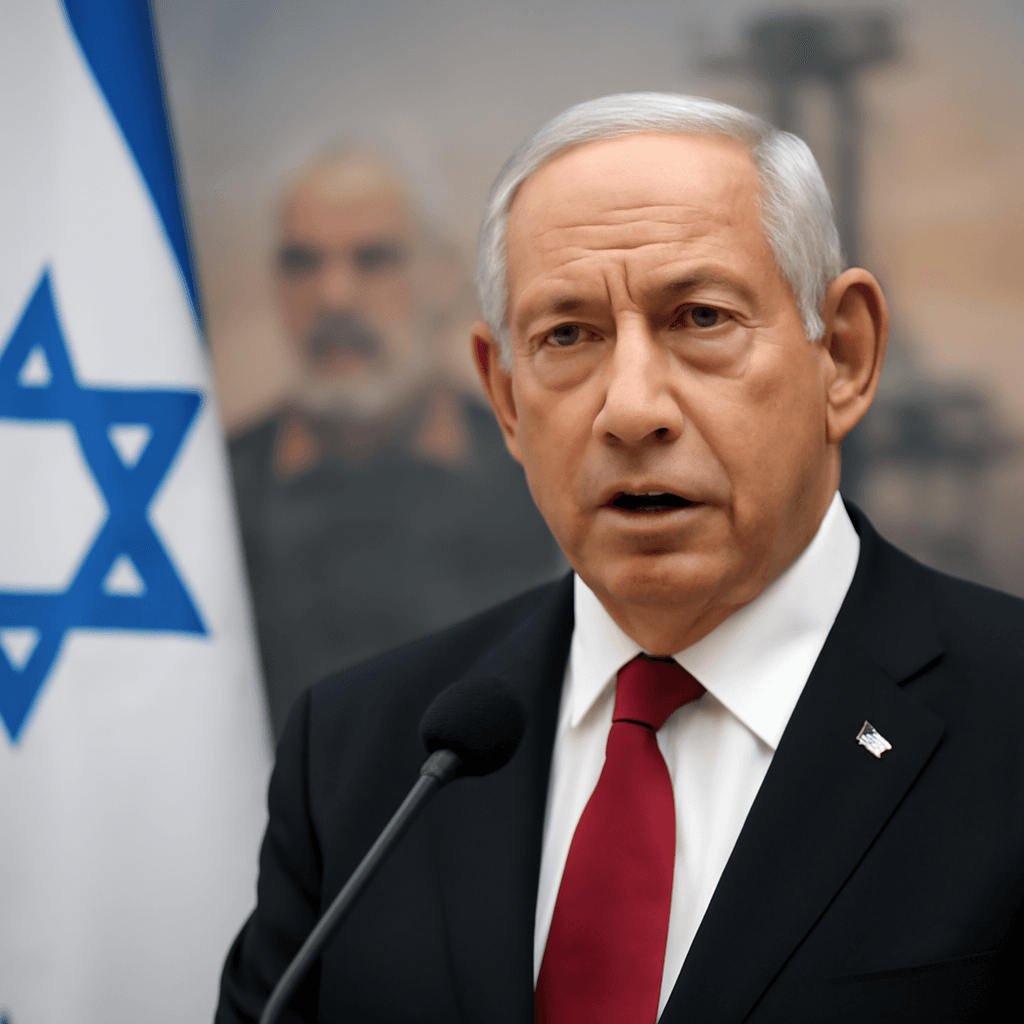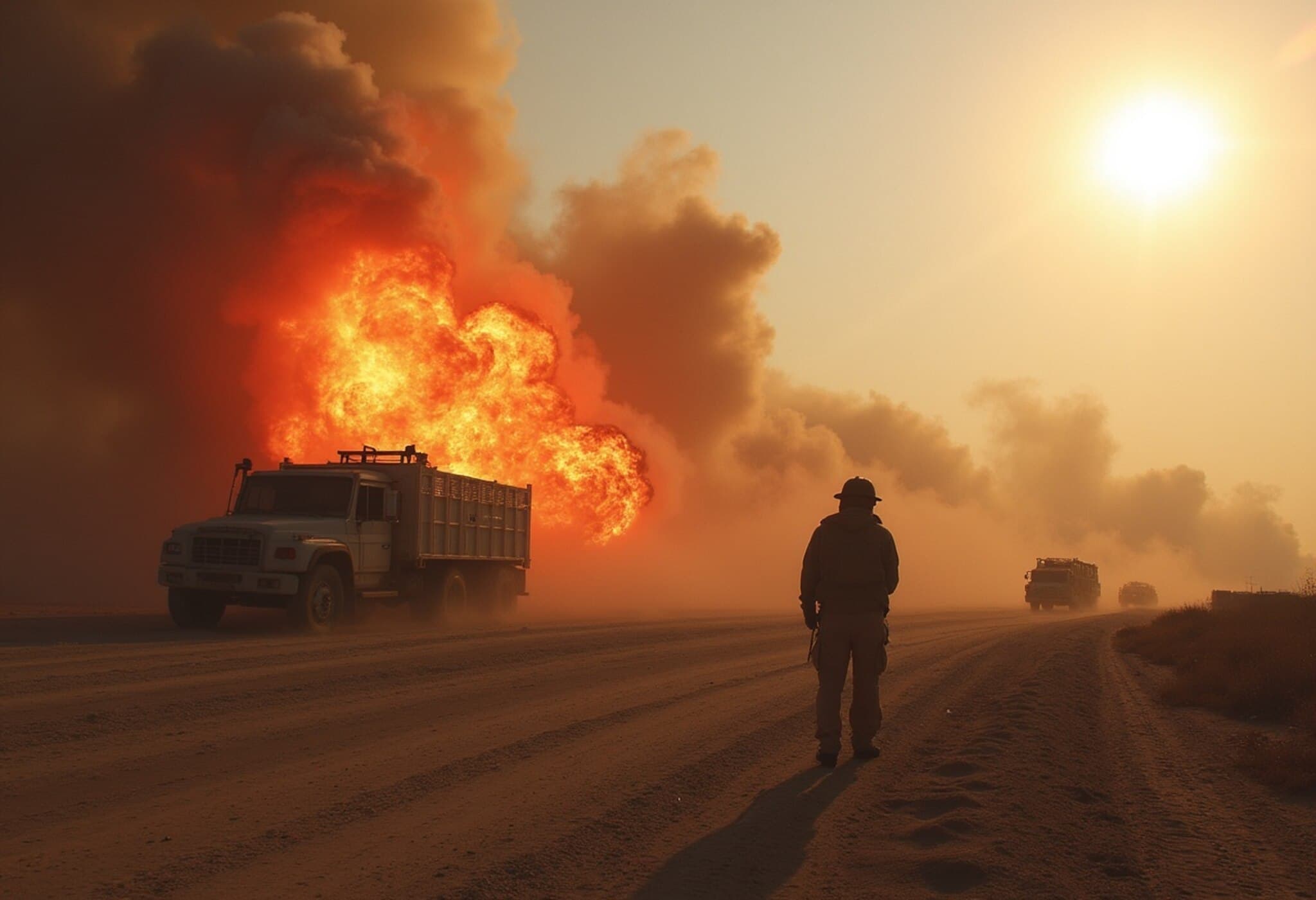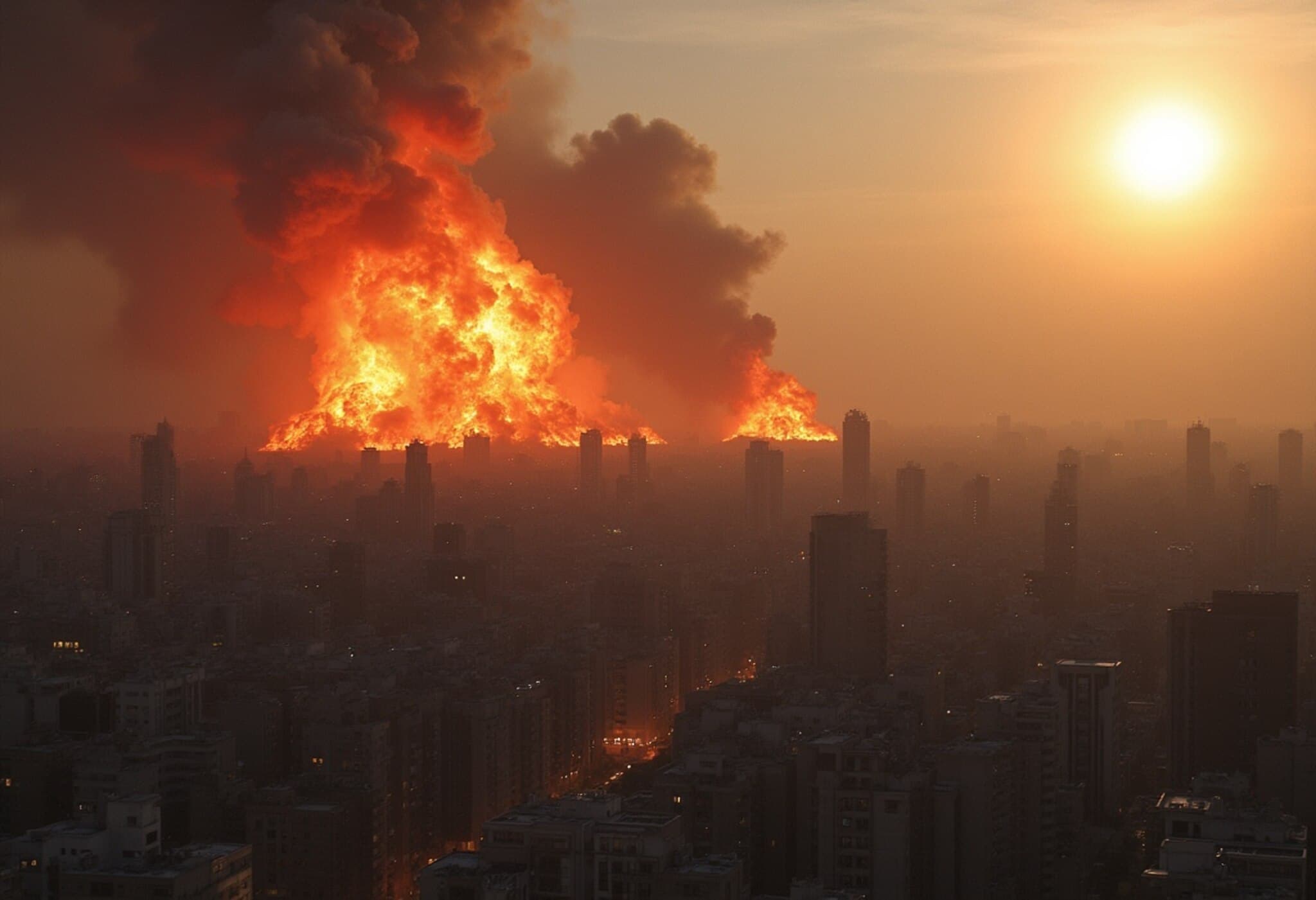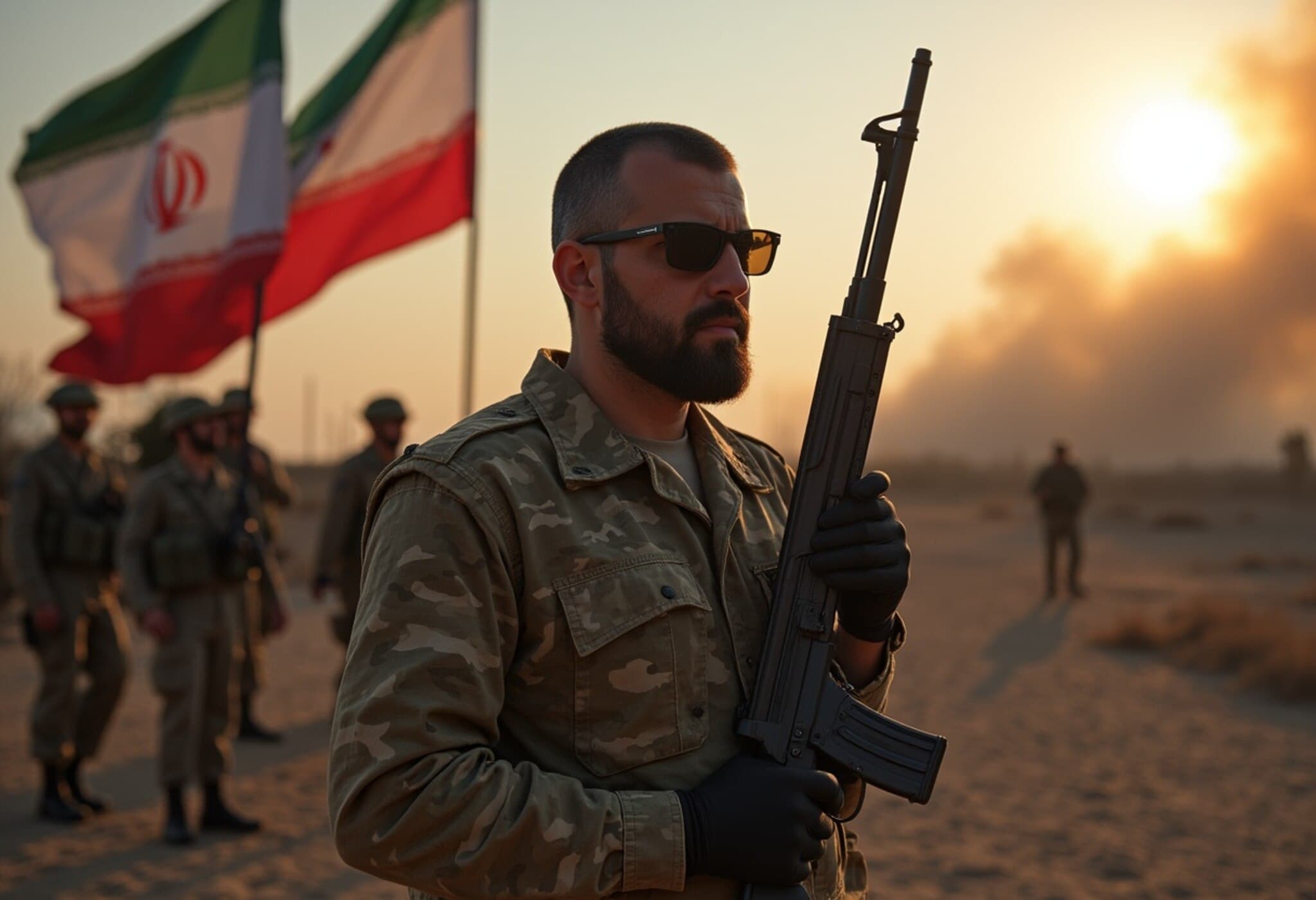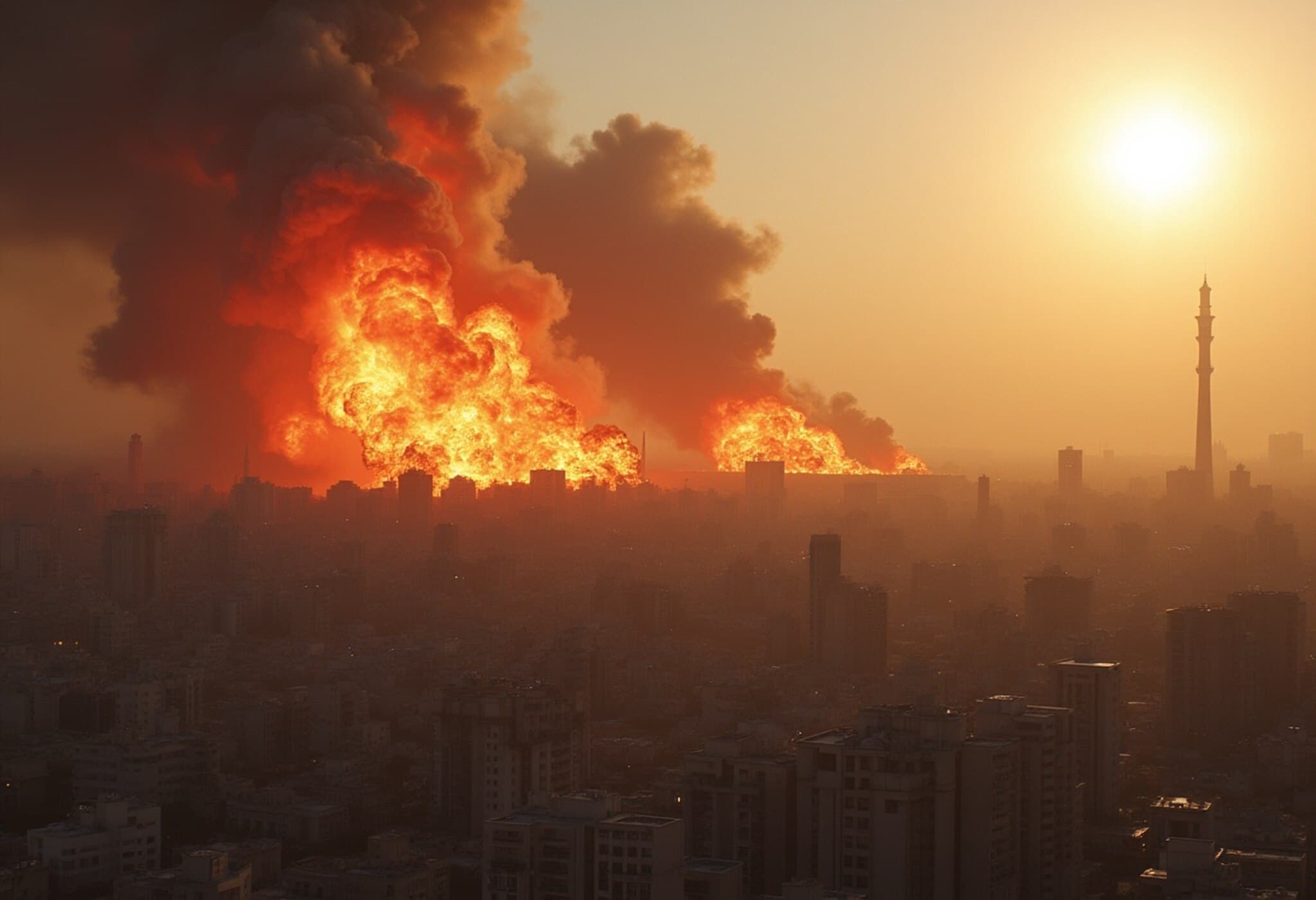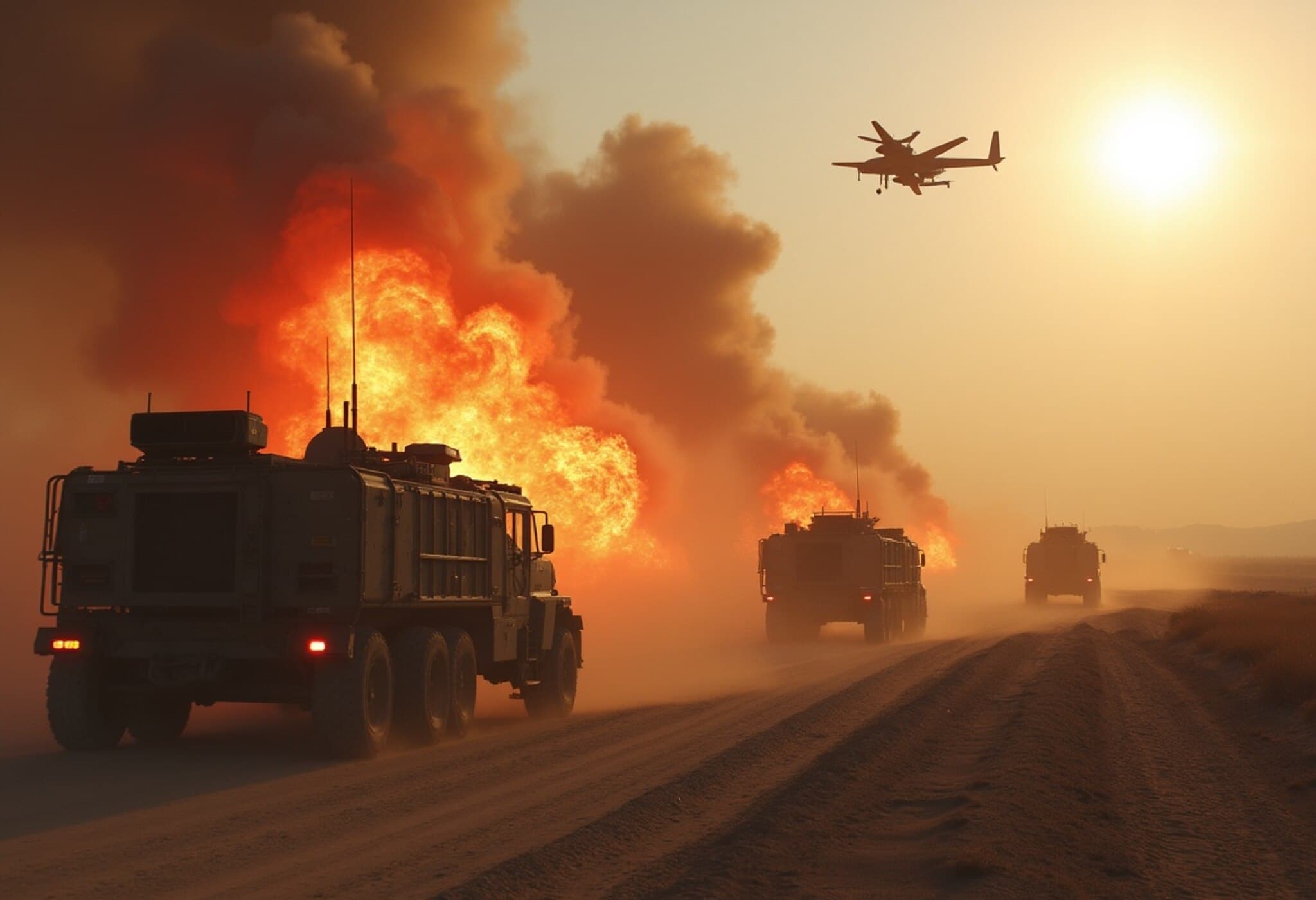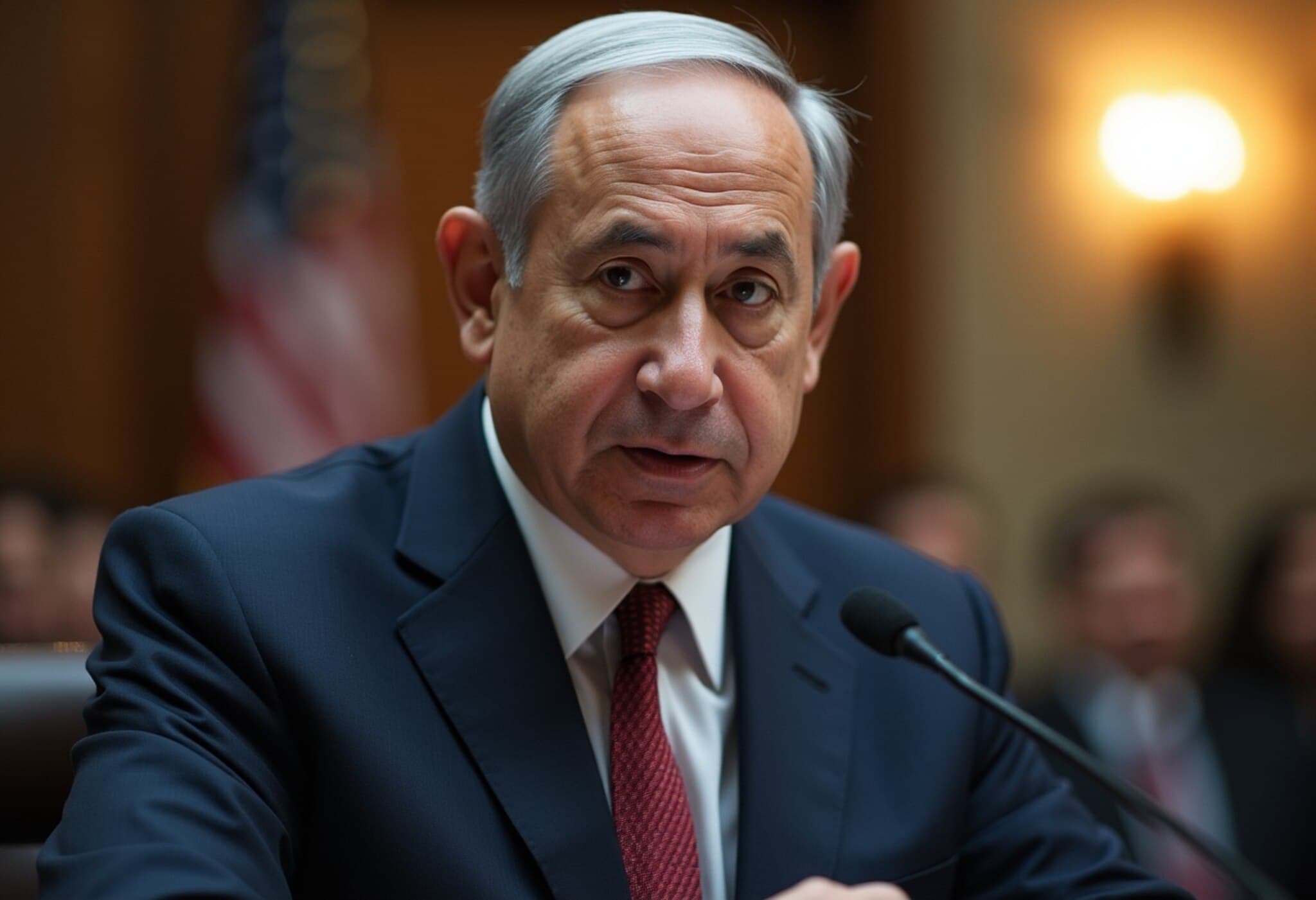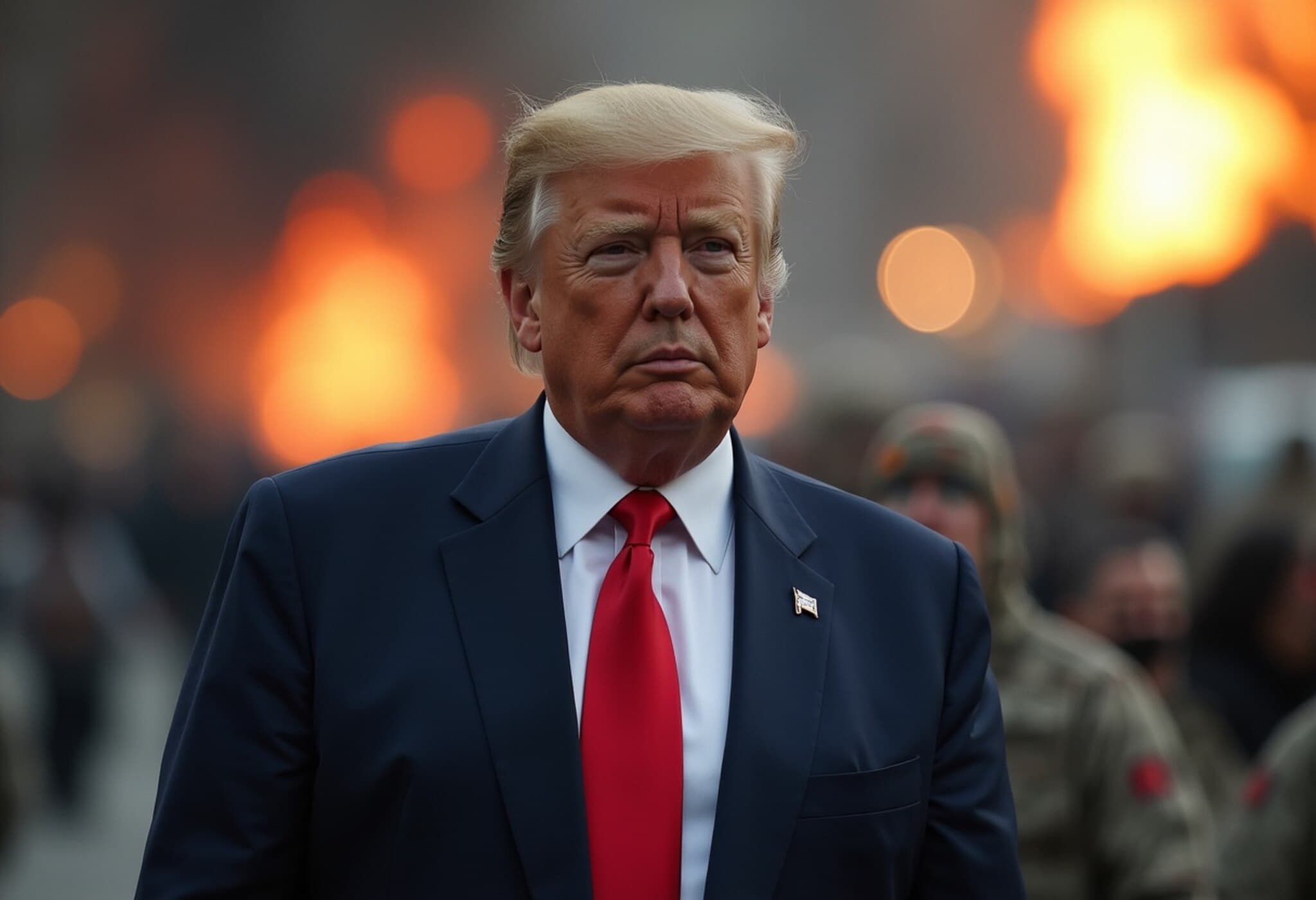Israel's Strikes on Iran Spark International Alarm and Calls for Restraint
In a dramatic escalation of regional tensions, Israel launched strikes on more than 100 sites across Iran, targeting nuclear and military facilities. The operation, marked by the deaths of prominent nuclear scientists and Iran's armed forces chief of staff, has ignited a wave of global reactions ranging from warnings and caution to outrage.
US Stance and President Trump's Warning
Standing firmly with Israel, US President Donald Trump confirmed prior knowledge of the strikes, reaffirming America's position that Iran must not develop nuclear weapons. "Iran simply cannot have a nuclear bomb," Trump stated, emphasizing the hope to negotiate a renewed nuclear agreement. He warned harshly on social media, urging Iran to "make a deal before there is nothing left." The US also declared readiness to defend both itself and Israel should Iran choose to retaliate.
United Nations Calls for Maximum Restraint
The United Nations expressed grave concern over the timing and scale of the attacks. The UN Secretary-General appealed to both Israel and Iran to exercise the utmost restraint to prevent the conflict from spiraling further. "A descent into deeper conflict is a situation the region can hardly afford," his spokesperson said, highlighting worries about possible destabilization amid ongoing nuclear negotiations between Washington and Tehran.
Responses from Regional and Global Players
Iran-Backed Militants Signal Support for Tehran
The militant group Hamas condemned the Israeli strikes as a "dangerous escalation" threatening regional stability. Similarly, Yemen’s Houthi rebels, aligning with Iran, asserted Tehran's right to defend itself and continue its nuclear program. On messaging platforms, they denounced what they called "brutal Israeli aggression" and pledged support for Iran’s response by all possible means.
China and Mediators Voice Concern
China voiced deep unease over the rising hostilities, urging all involved parties to promote peace and avoid further escalation. Meanwhile, Qatar, acting as a mediator in the Gaza conflict, strongly condemned Israel's actions, warning that the strikes jeopardize security and diplomatic efforts in the region.
Oman, a key facilitator in US-Iran nuclear talks, characterized the Israeli strikes as a perilous move that undermines diplomatic solutions. Oman called on the international community to adopt a firm stance to halt such dangerous actions that threaten regional stability.
Western Allies Urge Calm and De-Escalation
France appealed for immediate restraint to prevent further destabilization. French Foreign Minister Jean-Noel Barrot urged all sides to avoid escalation that could severely impact regional peace. In the UK, Prime Minister Keir Starmer expressed concern over the strikes and called on all parties to reduce tensions swiftly, emphasizing that escalation benefits no one.
Regional Neighbors Cautious Amid Rising Risks
Turkey warned Israel to cease aggressive measures that risk igniting further conflicts in the Middle East. Jordan, maintaining a cautious stance, confirmed it will not allow its airspace to be violated or become a battleground, underscoring its commitment to regional stability.
What Lies Ahead?
This recent volley of attacks threatens to exacerbate already fragile dynamics across the Middle East. With diplomatic efforts underway to contain Iran’s nuclear ambitions, the unfolding events have complicated the path towards peaceful negotiations. Observers worldwide are watching closely, aware that any misstep could trigger a broader conflict.

